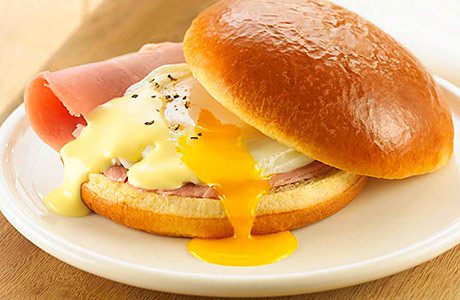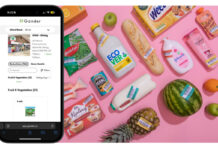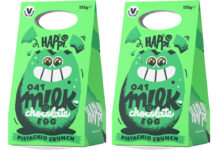
BREAKFASTS are changing, as the recessionary habit of eating a hearty meal at home before leaving for work loses its grip as the economy picks up.
But that need not be bad news for convenience stores, because manufacturers of cereals and other breakfast goods are busy finding new and inventive ways of re-presenting their products to appeal to time-pressed consumers.
Those are the people who still want to eat breakfast but, with a little more cash in their pockets, are prepared to eat it on the go, rather than roll up their sleeves and prepare it in their own kitchens.
Traditional big box breakfast cereals, worth £1.3bn according to IRI, are said to have seen value sales stagnate and volumes decline after several good years, says Dairy Crest. But added value is coming from innovative formats such as sachets and pots. Now many dry cereal brands are offering convenience formats.
And Dairy Crest also says Mintel research shows that 16% of adults now eat breakfast away from home at least twice a week and that another study, by Allegra Strategies, shows that shoppers are twice as likely to buy breakfast from an in-store bakery than a fast food outlet. Those trends and preferences present significant opportunities for stores on busy commuter routes, the spreads, cheese and milk drinks firm reckons.
New products, such as breakfast biscuits and bars, have contributed to the decline of traditional breakfast foods such as bread and toast, the firm suggests. And it notes that Mintel has recorded sales increases in other baked goods – including sweet items that can be eaten on the go.
Kantar figures could be seen as backing that up. They’re said to show breakfast items such as croissants, brioche and Danish pastries as the second fastest-growing subcategory in baked goods.
Toast’s fall from favour has been hard on the butters, spreads and margarines sector, Dairy Crest acknowledges: there’s no need for lubrication on a cereal bar, breakfast biscuit or almond croissant.
Adam Mehegan, shopper marketing director at Dairy Crest, said: “The shrinkage of the breakfast occasion, together with the decline of traditional host products, is making BSM a very tough market to operate in.
“Kantar Worldpanel usage data suggests there have been 255m fewer breakfasts occasions for BSM. Bread consumption has dropped by 712g per person per year for the last 10 years according to Defra, which equates to almost one loaf per person per year.”
• Dairy drinks have a role in breakfast, according to Dairy Crest. It claims its brand Frijj, worth £54.2m according to Kantar, is the UK’s number one flavoured milk.
Dairy Crest introduced Frijj Coffee in March. The company recommends siting Frijj in the main chiller and beside breakfast on the go items.




















